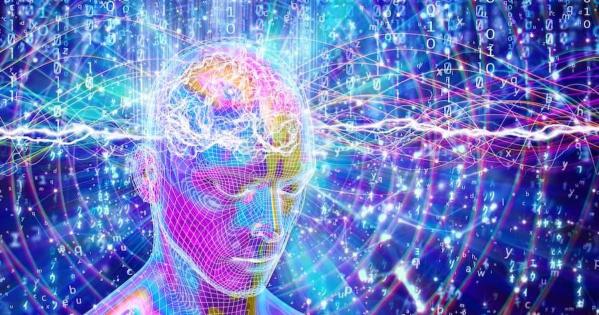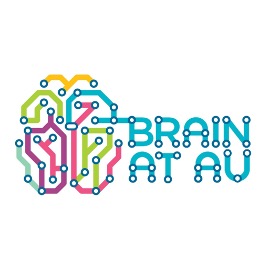BRAIN at American University

Have you ever wondered how your brain, composed of billions of brain cells working together, allows you to experience the world? The human brain is a highly complex organ that gives us consciousness, memories, emotions, and the ability to see, hear, feel, and move. In fact, your brain is hard at work in this very moment, allowing you to read and understand this article! If you have ever been curious about these sophisticated structures, you are not alone. Neuroscience is the interdisciplinary study of the brain and nervous system, which means that it also incorporates knowledge from other scientific fields such as biology, chemistry, and psychology — just to name a few. The field of neuroscience is rapidly growing and advancing our understanding of the brain and how it works. American University’s neuroscience club, BRAIN at AU, is working to share this growing field and its opportunities and insights with the AU community.
Neuroscience is a relatively new program at AU; however, despite its novelty, the program and department are growing in popularity and garnering increased interest. The neuroscience major now enrolls around 80 declared and intended majors! This interest is further evidenced by the student-led neuroscience club, BRAIN at AU.
 The central mission of BRAIN at AU can be found in its name — Bringing Research and Interest in Neuroscience at AU! Or, when it was first created — Being Really Awesome in Neuroscience. BRAIN at AU was created in the fall of 2016 to foster the neuroscience community at AU. Among its goals are bringing science and non-science students together, sharing opportunities in the field, providing students with resources, and encouraging interest and scholarship in neuroscience. Any and all students, regardless of their major, who are interested in neuroscience are welcome to join BRAIN at AU. To achieve its goals and to strengthen the neuroscience community at AU, BRAIN at AU hosts a variety of events throughout the year.
The central mission of BRAIN at AU can be found in its name — Bringing Research and Interest in Neuroscience at AU! Or, when it was first created — Being Really Awesome in Neuroscience. BRAIN at AU was created in the fall of 2016 to foster the neuroscience community at AU. Among its goals are bringing science and non-science students together, sharing opportunities in the field, providing students with resources, and encouraging interest and scholarship in neuroscience. Any and all students, regardless of their major, who are interested in neuroscience are welcome to join BRAIN at AU. To achieve its goals and to strengthen the neuroscience community at AU, BRAIN at AU hosts a variety of events throughout the year.
BRAIN at AU hosts several traditional events. One is the Brain Freeze event, which is typically held towards the end of the spring semester. Club members, students, and faculty come together, enjoy pizza and treats, and celebrate the semester. Another tradition is creating a team and volunteering for the Walk to End Alzheimer’s, which occurs annually to raise awareness and funds for Alzheimer’s disease. BRAIN at AU and AU’s Davenport Coffee Lounge organized a "Drink of the Month” fundraiser to raise money for the Alzheimer’s Association. From this event, they were able to raise more than $300 for Alzheimer’s disease research and care! Other events hosted by the club include movie and trivia nights, professional development events, study sessions, and research events.
Previous club president, Samantha Sutcliffe, spoke about BRAIN at AU. Under her leadership, the club hosted an Alzheimer’s Association fundraiser, a pizza trivia night, a National Institutes of Health guest speaker panel, and a Backyard Brains Demo where students were able to experiment with neuroscience tools. “People should join BRAIN if they are interested in neuroscience, or even just the brain in general,” she says. “We are trying to make the club more research focused and provide students with resources for writing scientific papers and conducting research. We also want to give students ways to connect with professors and research labs that interest them.”
The BRAIN at AU executive board and its members are looking forward to continuously growing the neuroscience community at AU, and to another semester full of unique events! If you are interested in joining the club or learning more, you can find the club’s social media pages on Facebook and Instagram. After all, as the field rapidly advances, there will always be something new to learn about the brain!
This story was originally written in spring 2022 for AU's Science Writing class.
